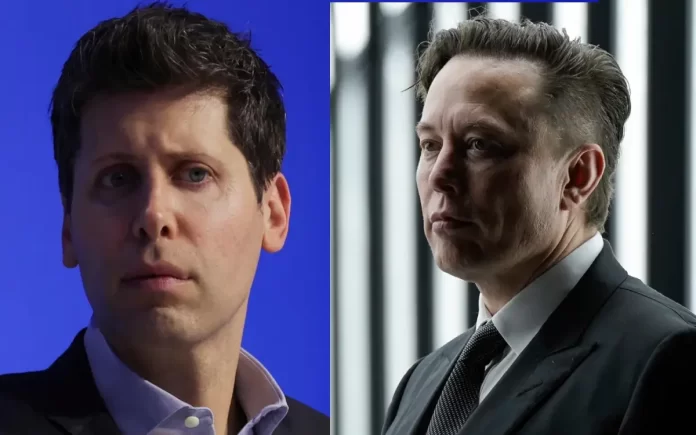New York: Elon Musk has initiated legal proceedings against OpenAI, the creator of ChatGPT, and its CEO Sam Altman, accusing them of straying from the company’s original mission of developing artificial intelligence for the betterment of humanity rather than profit.
In a lawsuit filed late on Thursday, Musk asserted that Altman and OpenAI’s co-founder Greg Brockman initially approached him with the vision of establishing an open-source, non-profit organization.
According to Musk’s legal team, the company’s shift towards profit-making ventures represents a breach of the initial agreement. They further claimed that OpenAI has maintained strict secrecy surrounding the development of GPT-4, its most advanced AI model.
Requests for comment from OpenAI, Microsoft, and Musk went unanswered at the time of reporting.
Although Musk co-founded OpenAI in 2015, he resigned from its board in 2018. Apart from his involvement in OpenAI, Musk oversees Tesla, a prominent electric vehicle manufacturer, and SpaceX, a leading aerospace manufacturer. Additionally, Musk acquired Twitter for $44 billion in October 2022.
Altman, a seasoned entrepreneur, faced dismissal by OpenAI’s former board last year, citing the need to uphold the company’s mission of developing AI for the benefit of humanity. Subsequently, Altman returned to the company with a newly formed initial board.
Reports suggest that OpenAI intends to appoint several new board members in March, as per a Washington Post article published on Thursday.
ChatGPT, OpenAI’s chatbot, experienced exponential growth within six months of its launch in November 2022, emerging as the fastest-growing software application globally. Its popularity spurred the development of competing chatbots by tech giants such as Microsoft and Alphabet, as well as numerous startups that capitalized on the burgeoning interest to secure substantial funding.
Since its introduction, ChatGPT has found applications across various industries, including document summarization and code generation, prompting a competitive surge among major tech companies to introduce their own generative AI-based solutions.



